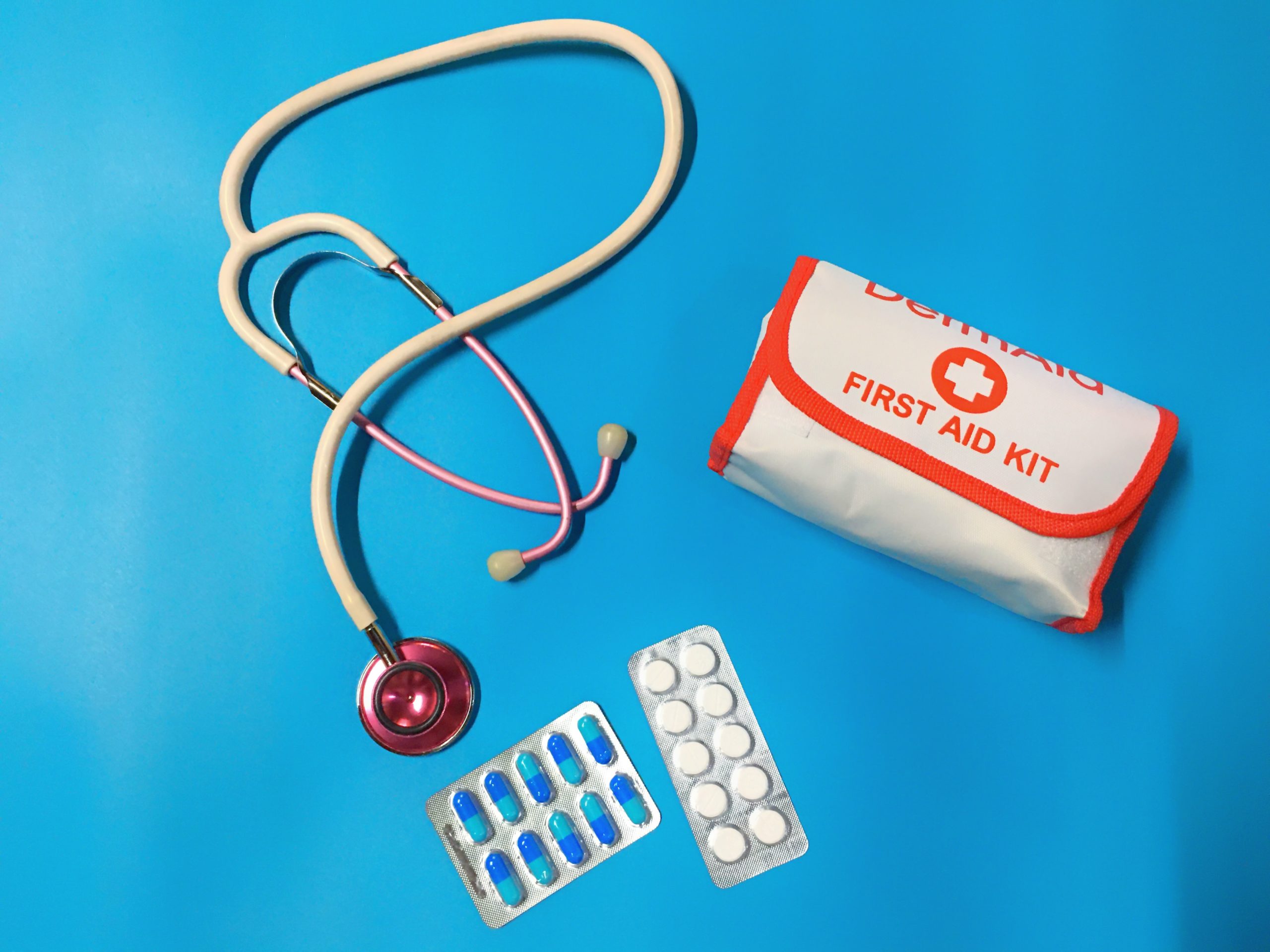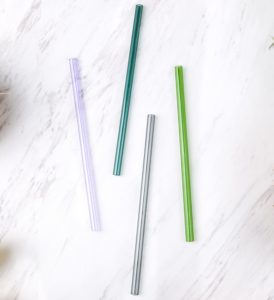I Help people sing and speak expressively and powerfully no matter the level of experience :)
HI, I'M JORGELINA
EXPAND YOUR VOCAL RANGE TODAY!
Grab today my 3 SINGING SECRETS to expand your vocal range for FREE!
GRAB IT NOW

Survival kit for singers
So you are finally getting serious about singing and you are going to take some lessons as a beginner singer! That’s great, you are starting a new and exciting journey in your life.
Or perhaps you already sing but you are starting to take it seriously now.
The point is, that you are here to know what you need to get to help kickstart your singing journey.
As a singer, you might argue that your instrument is inside you and you take it everywhere with you so you don’t need other gear. Well, yes and no. YES, you bring your voice everywhere, however, because your instrument is inside you, you need to take care of it. You can’t go to the music shop and get another voice.
So let’s dive in!
Table of Contents
Survival kit for singers
1.Lots of water

Being adequately hydrated is crucial for your life as a singer. Your vocal cords are covered by a mucous membrane that loses its hydration when your body is dehydrated. When this happens, your vocal cords have to work harder to produce sound, and this results in extra effort, which leads to fatigue and not optimal phonation.
I can’t stress enough how important it is to be properly hydrated for singing. You can have the best singing teacher on the planet, but if your instrument is not optimal you won’t get results and you will likely damage your voice. It is a bit like having a great guitar teacher and not taking care of your guitar. You wouldn’t leave your guitar in the rain for it to be ruined right? In the same way, you have to take care of your singing instrument. You only have one!
Make sure you are properly hydrated BEFORE your singing practice. Many singers drink their water right before they sing a song, or even sip water in between songs, however, it takes at least 20 minutes for the water you ingest to hydrate your vocal system.
2.Healthy snacks

Sometimes you will go to your singing session/practice/rehearsal/show after having left home for many hours. In these cases, it is important that you plan your meals in advance to make sure you take something that won’t affect your voice negatively. Generally, it is advisable to stay away from dairy, spicy foods, and acidic foods that could irritate your voice. Some voices are more sensitive than others to these foods but generally, it is best to choose foods with a good content of water, non-acidic, and not ingest a big meal before you have to sing. If possible, try to have your meal at least 2 hours before singing.
3.Singing straw

Singing straws are everywhere right now, and there are many to choose from. Vocal exercises that require you to sing from a straw belong to a family of exercises called SOVT (Semi Occluded Vocal Tract), which are really good (if performed correctly) to warm up your voice. These exercises are quite healthy for the voice if you practice them properly, and some of them like the straw one are great when you are not at home because they allow you to warm up your voice while not being too loud.
4.Calendar

Having a calendar is crucial for everyone in these busy times, but especially for you as a singer. If you have started singing already you might have already noticed the difficulty when finding time to practice!
Finding time to practice regularly is imperative to progress on your instrument. Make sure you schedule time on your calendar – even 10 minutes – for this purpose, and you will see how even if you are a very busy person, you find the time to feed and develop your passion!
5.Throat spray
There are lots of throat sprays on the market. I personally use natural herbal ones that give your throat a boost of immunity to help it defend itself against bacteria and viruses- especially in winter!
6.Warm-ups

If you are often outside the home, make sure you have some vocal warm-up audios downloaded on your phone. This way you will always have access to those and you will be able to practice them on your short breaks.
You can grab some of my vocal warm-ups for beginners HERE. You can practice them with your straw. For more information on how to use the singing straw for singing, read this article.
7.Music Stand

If you often go to rehearsals, or if you have a show and you have to learn many songs in a very short time, you will probably need to bring some scores or lyric sheets with you. If you do, gift yourself a music stand. You will thank me for it! Nothing is more disruptive than having to read your lyrics from your phone, constantly scrolling through and waiting for them to show up on the screen! Plus notifications will arise while you do that, which will distract you and slow down your singing progress.
8.Microphone

A microphone is crucial if you have rehearsals or shows. Don’t expect every venue to have a mic, always have a good dynamic mic and cable with you. Plus it is way more hygienic to use your own microphone if you have the chance!
9.Piano app

Piano apps are great if you are required to do auditions a capella. When we are nervous we tend to raise the key of our songs if there is no accompaniment, causing us to struggle with high notes, so having a piano app with you will allow you to hear the first note of the song or the key of the song that you have prepared, and that way you will sing the song in the key you practiced it with.
10.Humidifier
This one is important if you live in a very dry area. For singing, you want to have a humidity not lower than 45% of your voice will suffer.
11.Earplugs
If you rehearse with a live band that has a drum, make sure you have earplugs with you. You want to minimize the negative effects of being exposed to really loud noises for a long period of time.
Looking for professional singing training?
At Auckland Contemporary Singing School we offer:
- Singing lessons for adults in Auckland (North Shore – Unsworth Heights) or online
- Singing lessons for kids and teens in Auckland (North Shore – Unsworth Heights) – Rockschool Syllabus
- Singing lessons for super young kids (5-7) in Auckland (North Shore – Unsworth Heights)
- Group singing classes for adults in Auckland (North Shore – Unsworth Heights)
I help people to develop their voice and singing from a holistic approach. I teach vocal lessons in person in Auckland, NZ, and online. Also stay tuned for my new online singing programs!❤️
My greatest passion has always been the voice, music and energy arts.
My personal and artistic journey has led me to understand that the voice and the body are fully connected, and that includes not only the physical body but also the mental, emotional and spiritual body.
Through holistic vocal training you not only learn to become a great singer while taking care of your voice, but you also improve your mental and physical wellbeing❤️
AUCKLAND CONTEMPORARY SINGING SCHOOL - COPYRIGHT 2024 ©
leave a comment